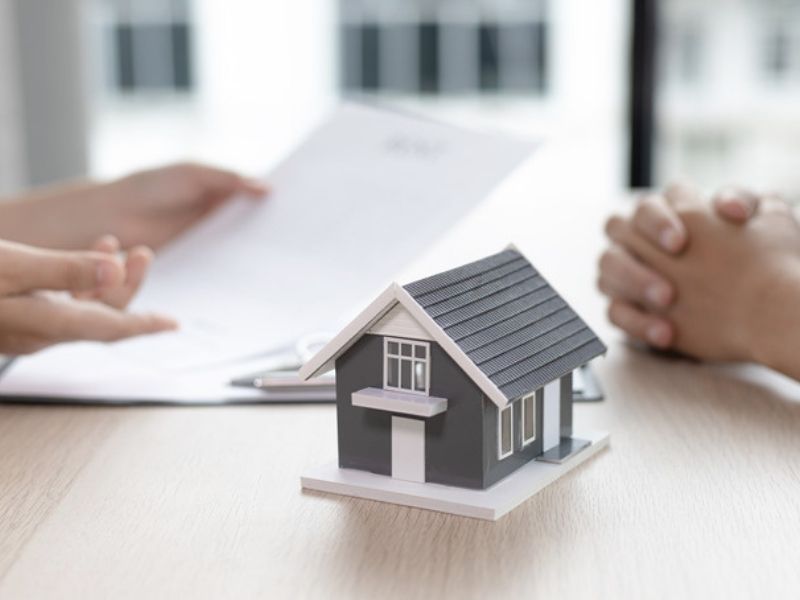Building inspection checklist – Preparing for your property assessment
A building inspection is a careful look at a property to check its condition. An expert called a building inspector does this job. They look at many parts of the building to find any problems or things that need fixing. Building inspections help you know what shape a property is in. If you’re buying a house, an inspection can show you if there are any significant issues. Regular inspections can catch minor issues for homeowners before they become big, expensive problems.
Preparing for your building inspection
- Clean and declutter
Start by cleaning your home. A tidy space makes it easier for the inspector to see and reach all areas. Move boxes and furniture away from walls. Clear out closets and storage areas. The inspector must look at all parts of your home to ensure they can get to everything quickly.
- Fix small issues
Take care of any minor repairs you’ve been putting off. Change burnt-out light bulbs, fix leaky faucets, and oil squeaky doors. While these won’t affect the inspector’s findings, they show that you take good care of your property.
- Provide access to all areas
Make sure the inspector can get to all parts of your home. This includes the attic, basement, and crawl spaces. If these areas have locks, make sure you have the keys ready. Also, clear a path to your electrical panel, water heater, and furnace.
- Gather important documents
Collect any papers about work you’ve done on your home. This might include receipts for repairs, warranties, or permits for renovations. Having these ready can answer the inspector’s questions about your property’s history.
- Check your roof and gutters
Make sure to inspect your roof for any missing or damaged shingles. Clean out your gutters and downspouts.
- Look at your exterior
Walk around the outside of your home. Sure, here is the rewritten text -“Inspect the foundation for any cracks, and check for any peeling paint.” rotting wood. Trim any bushes or trees touching your house. Make sure your outdoor electrical outlets have proper covers.
- Check for pests
Look for signs of pests like termites, ants, or rodents. If you see any, take care of the problem before the inspection. Pest issues can be a big concern for potential buyers or can cause damage to your home if left unchecked.
- Prepare your yard
Make sure your lawn is mowed and any overgrown plants are trimmed. Make sure there’s no standing water in your yard. Good drainage is essential for preventing foundation problems.
- What to expect during the inspection?
The inspector will examine many parts of your home, including the foundation, roof, walls, floors, windows, doors, plumbing, electrical, and heating and cooling systems. They’ll take photos and notes about what they find. navigate to this website vitalbuildinginspection.com.au/pricing/ for building inspections Sydney.
Once the inspection is done, you’ll receive a report that lists any problems found in your home. Some might be small issues you can fix easily, and others might be bigger problems that require a professional. If you’re buying a home, the inspection report can be used to negotiate with the seller based on its findings. Ask them to fix problems or lower the price. If you’re selling, you can resolve issues before selling your home. You can get a better price and sell faster.









